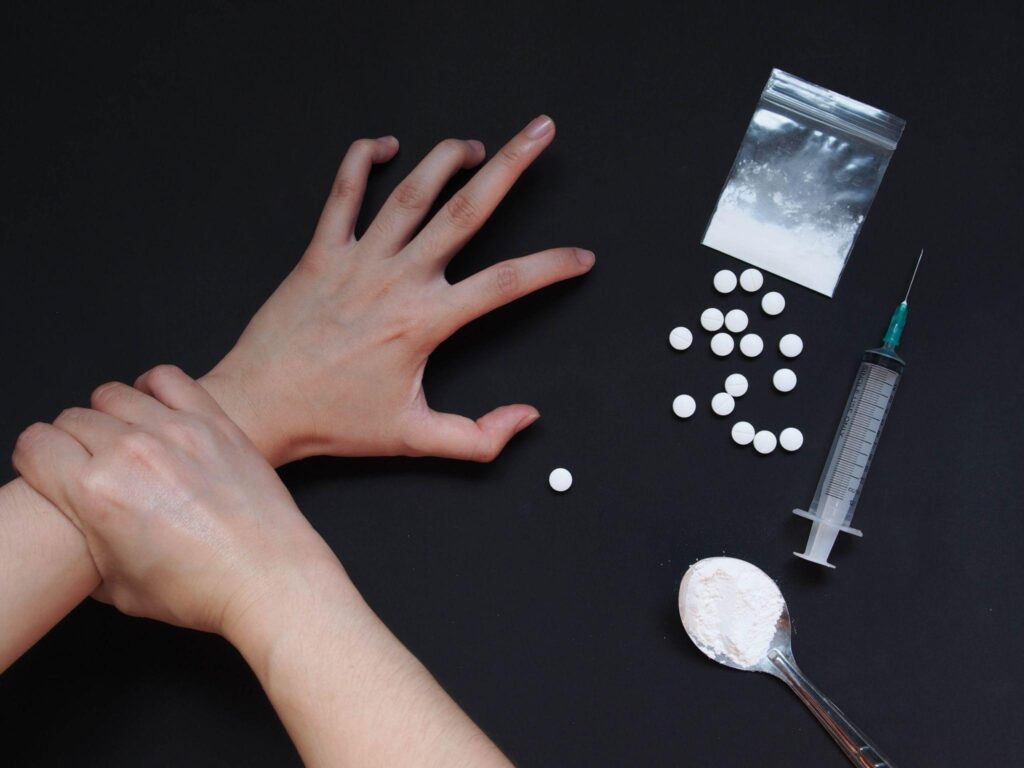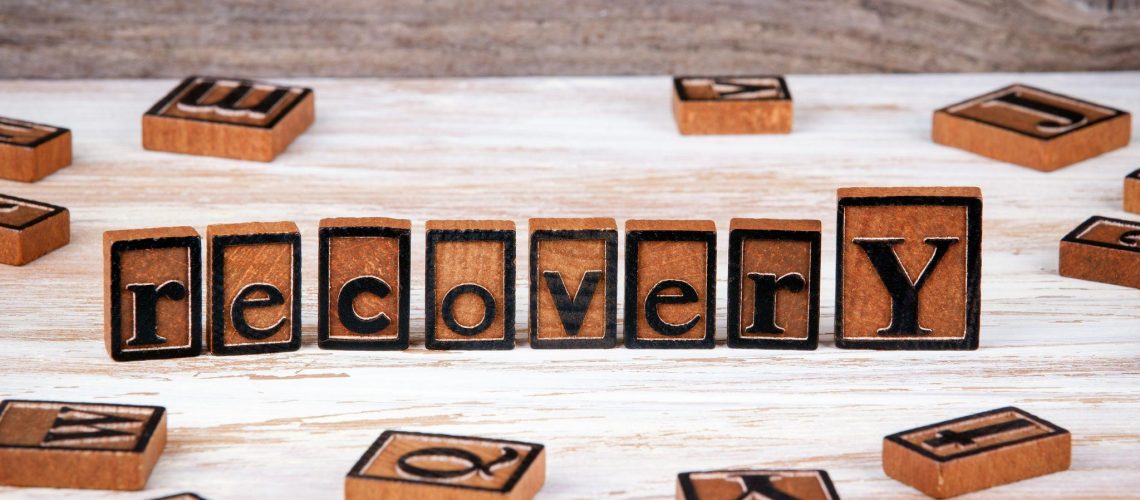Having a support system for addiction treatment can make a huge difference in recovery. It’s why quality addiction treatment centers emphasize building and maintaining a supportive community that champions your well-being.
A support network can include family members, sober peers, friends, therapists, 12-step sponsors, and trusted community members.
Keep reading to learn more about why having a support system is so important during and after addiction treatment and how you can show up for a loved one in recovery.
What is a support system?
A social support system is a group or network of people who provide guidance, support, encouragement, and understanding—through good times and bad.
Your sober supporters are people you can turn to when you feel stressed, triggered, or discouraged—all of which could put your sobriety at risk.
What are the benefits of having a support system?
Research has shown that people who report having supportive and cohesive family relationships while in treatment have fewer problems three months into treatment.
But not everyone has strong relationships with their closest family members or even their spouses or partners. In these cases, it’s especially important to build a community of supportive sober peers. These trusted friends can help keep you motivated to stay sober, even when things aren’t great at home.
Why are support systems so beneficial for addiction recovery? Here are a few reasons:
- Sense of belonging – Many people feel alone in their addiction. Knowing others are going through the same thing and have struggled with similar issues can help you feel less alone.
- Accountability/positive peer pressure – Rather than encouraging bad decisions, people in your support system can help keep you accountable with positive peer pressure. By offering constructive feedback and positive reinforcement, these trusted friends and advisers can help you meet your goals and stay true to your values.
- A lifeline in hard times – Humans are social creatures. Despite our culture’s valorization of individualism, we need each other. This is especially true when it comes to challenging and difficult times. Having the support of sober peers, family, and trusted friends when you’re feeling down can be a lifeline.
How can I support someone in recovery?
Research shows that providing social support to others can have more benefits than receiving it. It’s all the more reason to support your loved one in recovery. Here’s how:
Offer acceptance.
Despite progress in this area, stigma still exists around addiction and mental illness. You can help counter the negative effects of stigma by not harshly judging or criticizing your loved one.
This doesn’t mean that you shouldn’t hold them accountable for their choices. But it’s important to avoid characterizing your loved one as an “addict” or criticizing their character. You can help safeguard their sobriety with acceptance and kindness.
Get informed.
The best way to confront your own biases around addiction and mental illness is to get informed. Take time to learn about addiction and recovery. Review the latest science and research on addiction and why it happens.
A fresh perspective can help you tap into compassion, empathy, and understanding. The more you know, the better you can support your loved one.
Be available.
When we’re not sure what to say to comfort or support someone, we can end up inadvertently avoiding them. It’s vital to push through feelings of uncertainty or awkwardness and show up for your loved one, even if it’s uncomfortable.
You don’t have to be perfect. What’s important is being there when it matters most.
Start Healing at Del Arroyo Recovery Center

Even with a solid support system, you can’t flourish and be your best self while struggling with alcohol or drug addiction. Del Arroyo Recovery Center is here to help. We offer comprehensive ddiction treatment services and a robust alumni program to keep you connected to sober peers and staff after treatment. Our dedicated team will work closely with you to ensure you have the support system and mental health treatment you need. Get in touch today at (877) 535-0636 to learn more about our approach to relapse prevention and aftercare.

